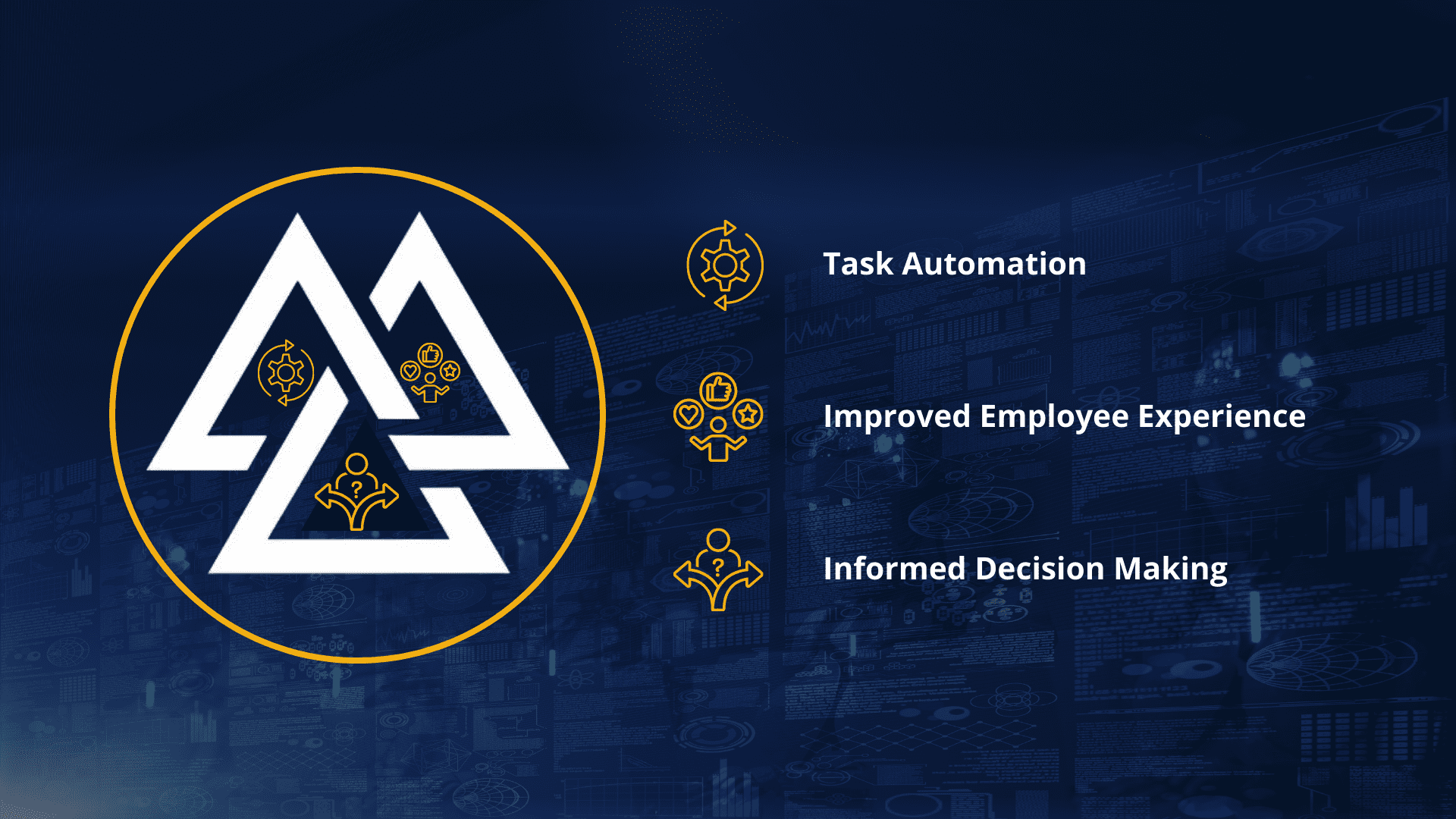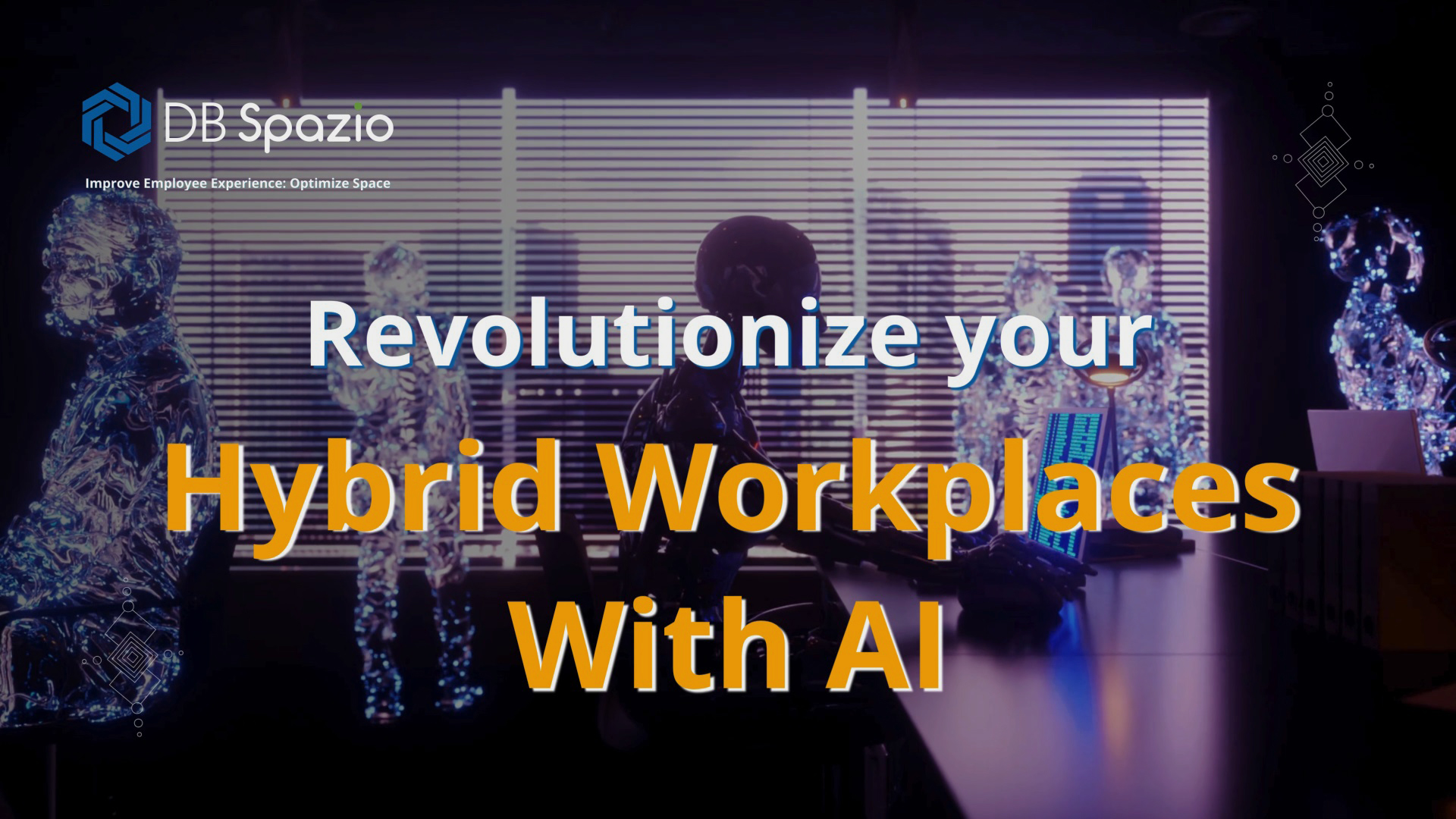Hybrid workplaces are becoming increasingly common as workplaces evolve. In fact, according to a recent article by Gartner, 66% of businesses worldwide have already embraced hybrid work style and 30% are actively planning to transition. With employees splitting their time between working from home and the office, there is a growing need for technology solutions that can support this new way of working.
AI or Artificial Intelligence enabled with the existing hybrid workplace tools has the potential to revolutionize the way we work in hybrid environments, from automating routine tasks to enhancing experience and decision-making. In this blog, we’ll explore how AI in hybrid workplace can be used and what benefits it can bring to both employers and employees.
Task Automation with AI in Hybrid Workplace
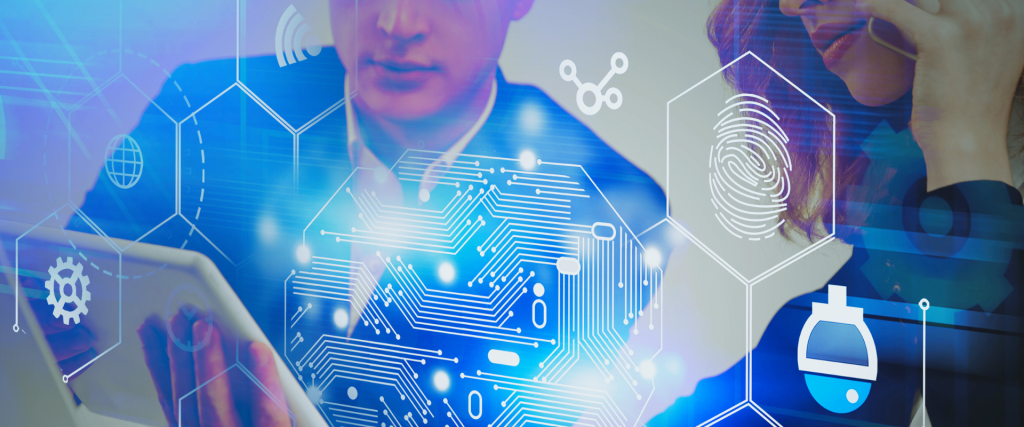
In a typical workday, there are many mundane workplace tasks that can be easily automated and outsourced to AI, freeing up employees to focus on core and other complex activities.
Desk reservations, meeting room bookings, and scheduling office visits are common tasks that can be easily automated with the help of AI. By leveraging past data, AI can suggest the best desk or meeting room for an employee based on their location, department, colleagues, preferred amenities etc.
AI can also suggest the optimal day and time for in-person office visits by aligning that with colleagues to enhance collaboration.
The integration of AI in workplace tasks can lead to improved productivity, better decision making, and more efficient use of resources.
Improved Employee Experience
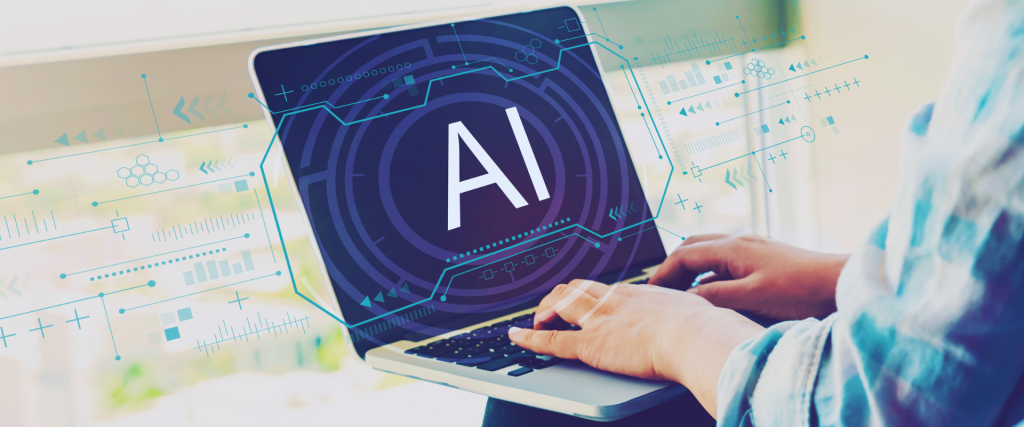
Employees are currently working remotely while businesses aim for a hybrid model that combines remote work with office collaboration. Improving the employee experience has become crucial as companies bring employees back to the workplace.
Intuitive interfaces and simplified workflows are effective in reducing friction in the employee experience. With AI, businesses can take this a step further by incorporating features that bring delight to the experience, encouraging employees to return to the office more frequently.
AI can play a significant role in enhancing the employee experience in numerous ways. One way is by providing personalized nudges to encourage employees to complete tasks they might overlook otherwise. Another example involves incorporating gamification elements to actively involve and motivate employees.
This generative AI technology such as ChatGPT provides the benefits of a personalized assistant for each employee, without the need for a massive investment in human resources.
Informed Decision Making with AI in Hybrid Workplace
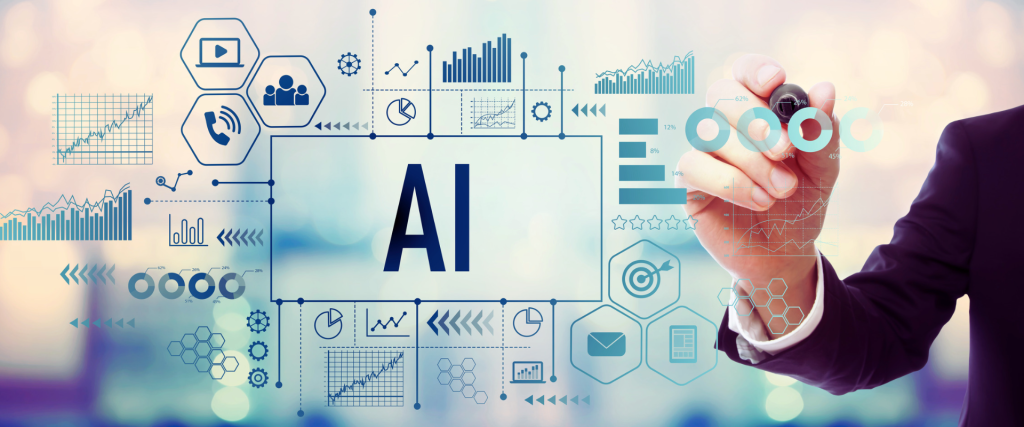
As businesses navigate an uncertain economic landscape, optimizing costs has become a top priority. Avison Young estimates that attendance levels (across 45 metros in the USA) in Dec-22 were just 42% of Dec-19 levels. In such a scenario, business leaders must make informed and unbiased decisions regarding their real estate portfolio.
Unlike traditional analytical tools that offer limited and retrospective dashboards and reports, AI can provide comprehensive, actionable, and predictive insights over a longer horizon. Now, with generative AI, custom interactive dashboards and reports can be created in real-time to support decision-making processes.
By leveraging the power of AI, businesses can make more informed and strategic decisions about their real estate portfolio, ensuring that they are well-positioned for success in the hybrid workplace of the future.
Conclusion
In conclusion, it is evident that AI has the potential to revolutionize hybrid workplaces and become an integral part of workplace strategy. AI’s continuous learning and ability to use past data make it a potent tool for navigating the fluid journey of hybrid workplaces. It can provide valuable assistance to employees, boost productivity, and enhance decision-making.
It is also important to keep in mind that each organization has unique needs and priorities, and AI strategies must be tailored accordingly. Additionally, considerations around employee privacy and information security must be carefully addressed before implementing any AI initiatives.
As workplaces continue to evolve, so too will the use of AI. By embracing this technology with a strategic and thoughtful approach, it can help your company stay competitive and thrive in the new world of work.
Want to explore more details and illustrative examples about how AI in Hybrid Workplaces can help you? Read the full paper The Future of Work – AI as Your Co-Worker

